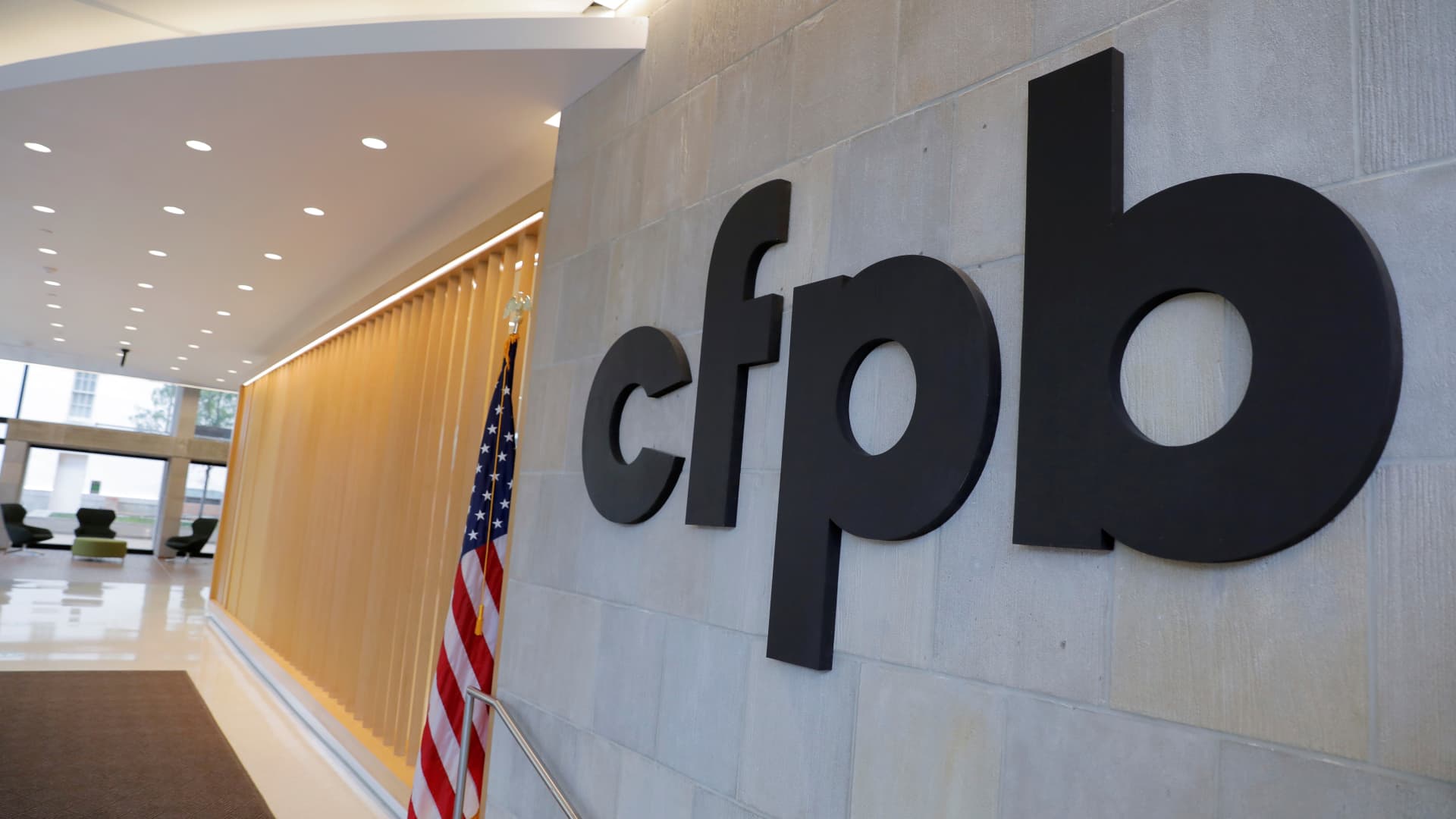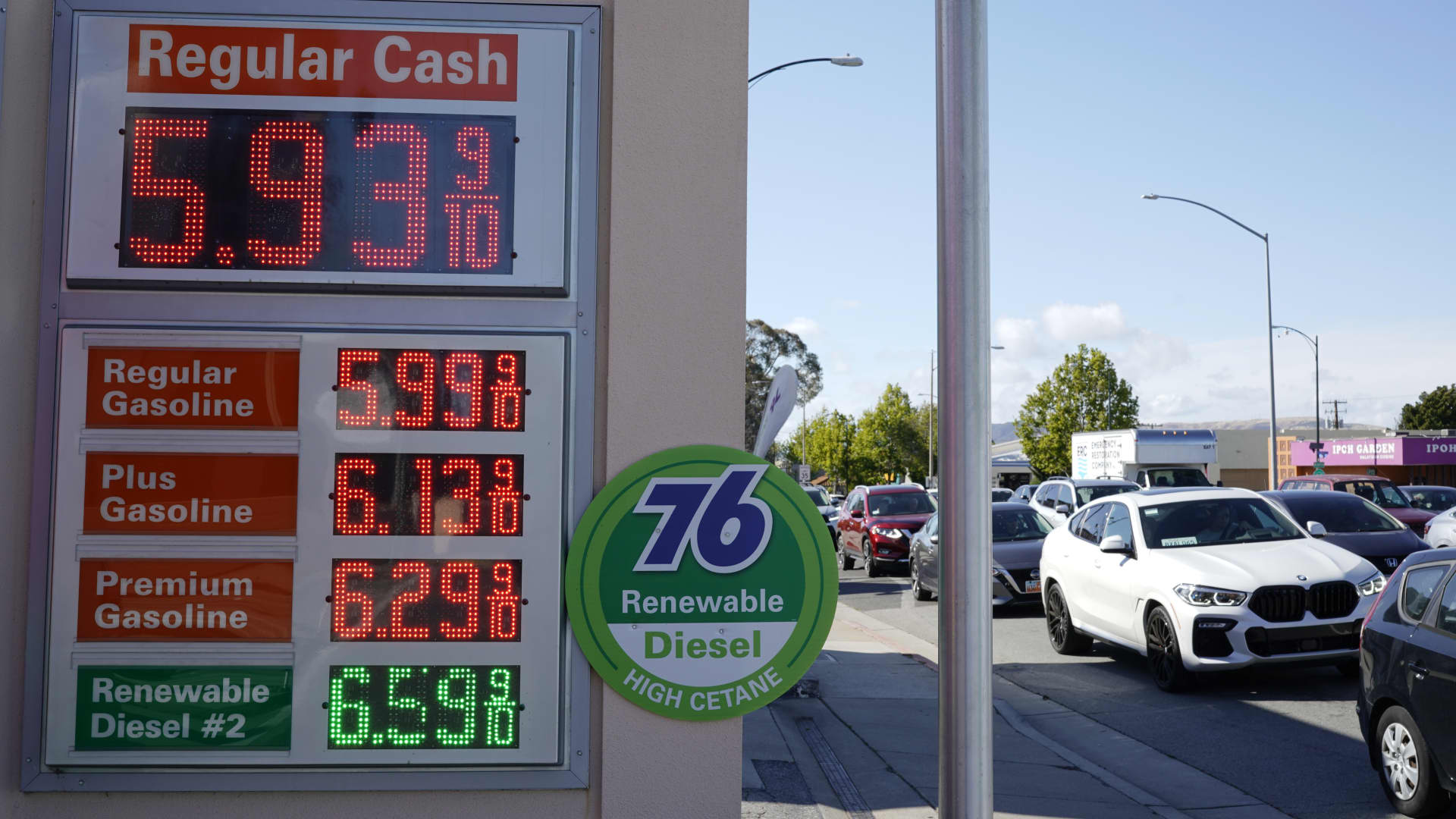Supreme Court rules Consumer Financial Protection Bureau funding structure is legal
The Supreme Court ruled that the funding structure of the Consumer Financial Protection Bureau is legal.

The Consumer Financial Protection Bureau headquarters in Washington, D.C., on May 14, 2021.
Andrew Kelly | Reuters
The Supreme Court ruled Thursday that the funding structure of the Consumer Financial Protection Bureau is legal.
The court in a 7-2 decision rejected an argument that the CFPB's funding method violated the U.S. Constitution's Appropriations Clause because Congress had not annually authorized money for the agency. Instead, Congress authorized the CFPB to draw funding from the Federal Reserve system that the agency's director deems necessary for its work.
The ruling protects that CFPB from a potential death sentence, given the risk that a bitterly divided Congress would not authorize annual appropriations for the agency in the manner that is traditional for other agencies.
"The statute that authorizes the Bureau to draw money from the combined earnings of the Federal Reserve System to carry out its duties satisfies the Appropriations Clause," Justice Clarence Thomas, a conservative, wrote for the majority.
"Although there may be other constitutional checks on Congress' authority to create and fund an administrative agency, specifying the source and purpose is all the control the Appropriations Clause requires," Thomas wrote.
Three other conservatives, Chief Justice John Roberts and Justices Brett Kavanaugh and Amy Coney Barrett, and the court's three liberal justices, Sonia Sotomayor, Elena Kagan and Ketanji Brown Jackson, joined in the majority opinion.
The court's two remaining conservative justices, Samuel Alito and Neil Gorsuch, dissented.
Thursday's ruling "upholds a novel statutory scheme" allowing the CFPB to "bankroll its own agenda without any congressional control or oversight," Alito groused in his dissent.
"In short, there is apparently nothing wrong with a law that empowers the Executive to draw as much money as it wants from any identified source for any permissible purpose until the end of time," he wrote.
The majority's ruling reversed a decision by the 5th Circuit U.S. Court of Appeals, which found the CFPB's funding mechanism was unconstitutional.
Two trade groups that represent lenders, the Community Financial Services Association of America and the Consumer Service Alliance of Texas, had challenged the funding structure of the CFPB in the case.
This is breaking news. Please check back for updates.

 Konoly
Konoly 






























